
Have you wondered how to dispose of unwanted or expired medicines, injections, syrups and tablets? Household medical waste includes medicines and potentially infectious materials such as syringes, needles, scalpels, gloves, gauze and bandages. These should not be disposed of in regular garbage or flushed down the drain as they can contribute to the spread of viruses, hurt garbage handlers, infect animals and humans, contaminate water, soil and landfills, and pollute the environment.
Expired medicines may not work effectively and, in some cases, can break down into toxic compounds. According to experts, medicines like antibiotics, heart medications, thyroid drugs, and injections like epinephrine lose their potency over time. This could lead to ineffective treatment or even serious complications such as antibiotic resistance or allergic reactions. Children and pets are especially vulnerable, and therefore, expired drugs must be stored safely and kept out of their reach.
You must have seen very strict procedures in hospitals for the segregation of medical waste & proper disposal. There can be colour bins for each waste; each has a different disposal procedure.
Unfortunately, in India, we do not have such a standard for household disposal of medical waste. We can and need to be more alert and act responsibly to protect ourselves and others.
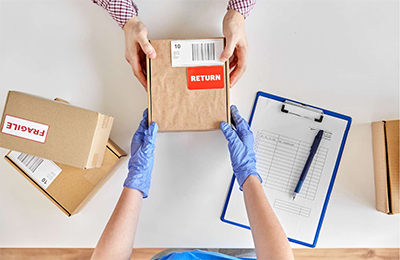
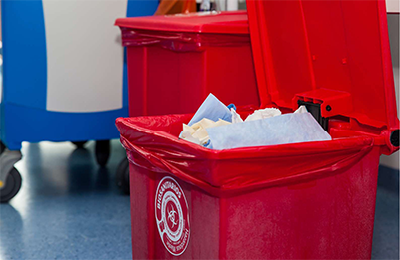

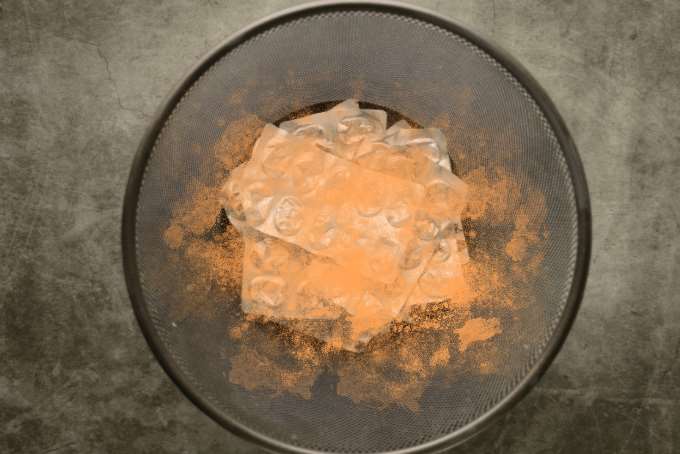
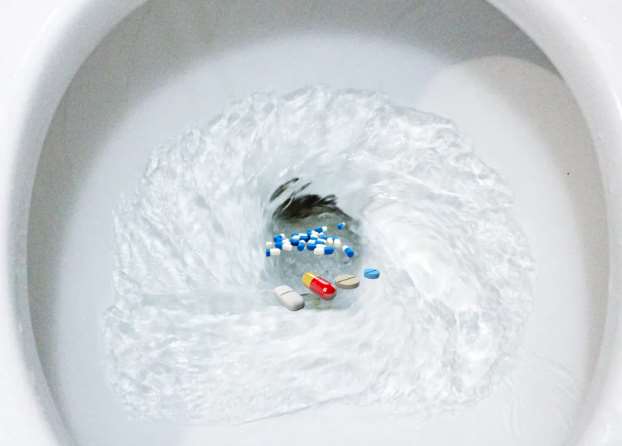
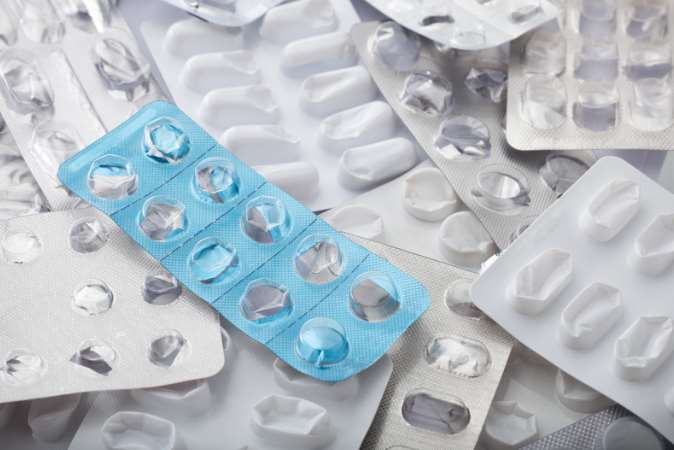
You may consult your healthcare provider or pharmacist for specific handling requirements of certain medicines or waste. Consider using authorised collection sites like hospitals or RWA collection centres for any disposal of medical waste.